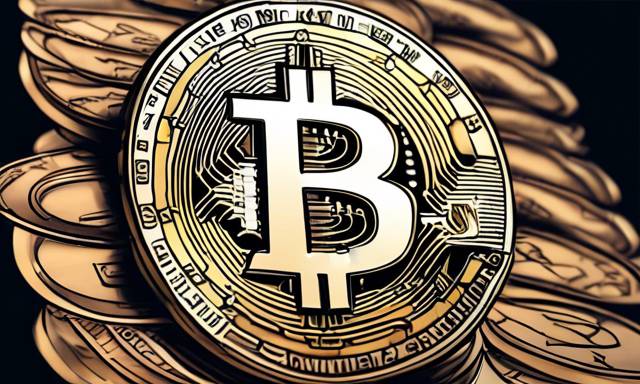Exploring the Complex Landscape of Telegram and Its Governance Challenges 🤔
The recent legal troubles of Telegram and its CEO, Pavel Durov, have underscored the intricate dance between user privacy, government oversight, and the delicate balance of free speech. As Telegram grapples with mounting pressure from various governments, analysts are watching closely to see how this will affect the platform and its millions of users, especially given its rise in popularity this year.
Understanding the Current Situation 🧐
Telegram was founded in 2013 by Pavel Durov, who fled Russia in 2014 due to governmental pressures. The platform has since evolved into a significant communication tool, particularly in Russia, where it facilitates both military communications and the dissemination of independent news. This evolution has come with increased scrutiny and pressures from state authorities.
Analysts like Lysenko, a legal expert in cryptocurrency law, believe that Telegram is facing a pivotal moment. She asserts that the platform will likely need to revise its operational policies and allocate more resources to combat illicit content circulating within its virtual walls.
- Potential Outcomes:
- Lysenko does not foresee Telegram fully submitting to government demands as seen with other platforms. However, she suggests that Telegram may adopt a more tailored strategy towards compliance.
- This could mean cooperating with law enforcement on specific issues, such as terrorism or financial crimes, yet still prioritizing the privacy of user communications.
Lysenko highlights Durov’s history of resisting overt government demands, but she warns that external pressures, particularly financial and regulatory ones, could necessitate a compromise from Telegram in the future.
Compliance with Authorities: A New Direction? ⚖️
Recent reports from France suggest that Telegram may already be shifting its stance. Sources indicate that the platform has begun to share user data with French law enforcement, particularly in cases involving crimes against children.
The willingness of Telegram to collaborate with authorities has sparked intense discussions about the implications for user privacy and free speech. Elon Musk has condemned Durov’s arrest as an infringement on free speech, creating a wave of reactions from tech industry leaders who feel that such actions set a troubling precedent for social networks.
The Broader Free Speech Debate 🌍
Durov’s imprisonment highlights the intense concerns surrounding the influence of social media platforms on societal narratives. Governments worldwide are increasingly wary of the power that these platforms wield in shaping public opinion. In parallel, digital corporations find themselves navigating an increasingly complex international regulatory environment.
- Regulatory Backlash:
- The U.S. government is considering measures against TikTok, citing national security issues.
- In Brazil, the Supreme Court suspended access to X due to concerns over free speech limits.
- The European Union is actively implementing laws aimed at constricting the power of social media giants.
This landscape of scrutiny amid a backdrop of diverse geopolitical interests complicates the conversation surrounding free speech and privacy in the digital age.
User Privacy: A Fragile Balance 🔒
In a recent public statement following his release on bail, Durov criticized his detention while subtly hinting at a possible pivot towards compliance with some French demands concerning user privacy. This represents a notable shift from Durov’s longstanding commitment to safeguarding privacy on the platform.
As Telegram’s user base surged to nearly one billion this year, the platform has faced notable challenges with criminal activities exploiting its features. Durov has committed to enhancing the platform’s internal mechanisms to address these issues while maintaining dialogue on privacy practices.
Adding to these concerns, Telegram’s FAQ recently underwent revision, reflecting an apparent readiness to moderate certain types of content in keeping with the EU’s Digital Services Act. Despite assurances from Telegram that privacy policies remain intact, analysts argue that this could change if government pressures escalate.
Many remain skeptical, with experts noting that Telegram’s infrastructure does not provide end-to-end encryption for all chats by default, unlike certain competing platforms. This could potentially make user interactions more visible to third parties.
Hot Take: Navigating the Future of Telegram 🚀
As Telegram finds itself at the crossroads of user privacy and governmental oversight, the implications for both the platform and its users are profound. Its ability to maintain a commitment to privacy while navigating the demands posed by authorities will likely dictate its direction in the coming months. With critical conversations about the responsibilities of tech companies intensifying, the world watches closely how Telegram adapts to this evolving landscape.
Continuous dialogue surrounding these subjects is essential for understanding the implications of both user privacy and corporate responsibility in today’s digital communications environment.





 By
By
 By
By
 By
By

 By
By
 By
By